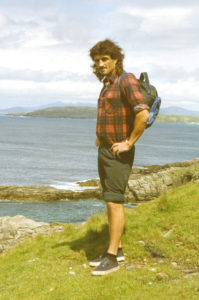Help Get the Truth About Spycops in Scotland

An explosive new report on
Officers from Britain’s political secret police worked all over the UK and beyond. They undermined campaigns, invaded families and violated the fundamental human rights that police are sworn to uphold. Everyone affected deserves answers, but people in Scotland are being shut out.
HALF AN INQUIRY
In March 2014 the Home Secretary announced there would be a full-scale public inquiry into political undercover policing. It came as a shock when, a year later, the Inquiry’s terms of reference said it would be limited to events in England and Wales.
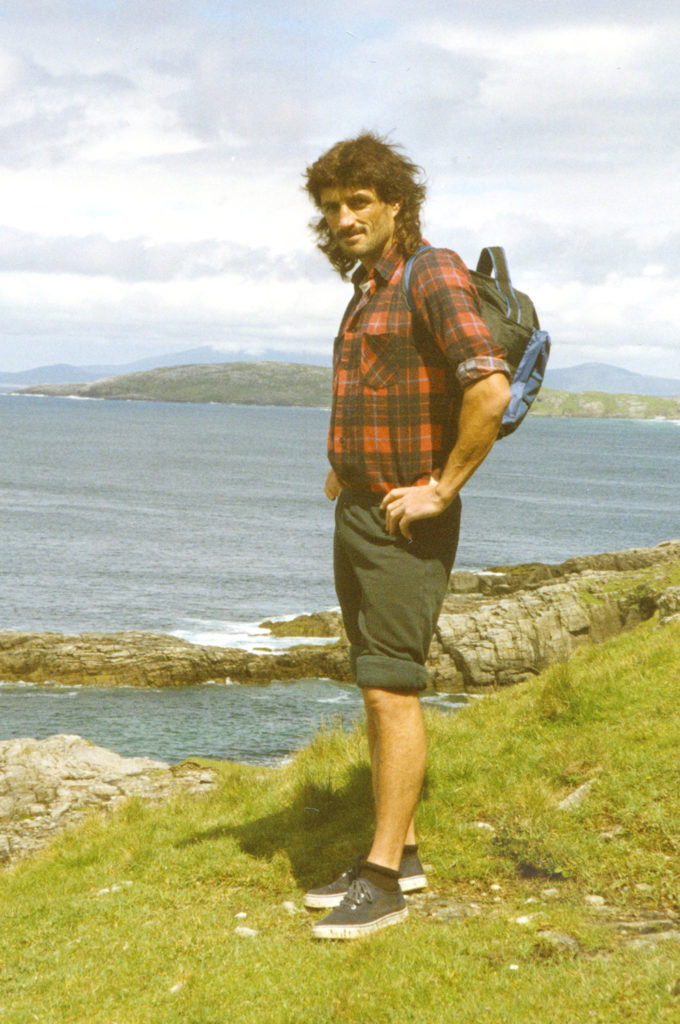
There were voices of outrage. The German government officially asked to be included. Irish parliamentarians challenged ministers to do the same. A judicial review of Northern Ireland’s exclusion is underway, backed by Amnesty International. But nowhere has the objection to exclusion been stronger than in Scotland.
Many of the known
A number of officers initiated and furthered intimate relationships with women they were spying on whilst in Scotland. Some of them took the women on special trips to Scotland purely to cement and deepen the relationships.
By the Metropolitan Police’s own admission,
‘these relationships were a violation of the women’s human rights, an abuse of police power and caused significant trauma.’
All these visits to Scotland should have been sanctioned by the local police forces. Either Scottish police were complicit, or else they weren’t told, which would be a serious breach of protocol. Either way, it warrants investigation.
The matter has been twice debated in the Scottish Parliament. The Scottish Justice Minister met with victims of
POLICE ASKED TO EXONERATE THEMSELVES
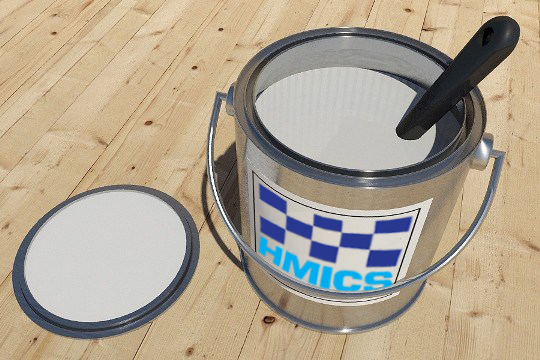
The Scottish government’s response to the rebuff was as baffling as it was insulting to victims. They hired HM Inspectorate of Constabulary in Scotland (HMICS) – a body of career police officers – to conduct a review.
HMICS decided to put the task in the hands of Stephen Whitelock, who had worked in and alongside the posts that deployed undercover officers, including
It got worse. When the Strategic Review of Undercover Policing in Scotland was published in February 2018, it went beyond the anticipated whitewash. Much of its content was given over to other kinds of undercover policing, information that was utterly irrelevant to the political infiltrations. It didn’t even mention officers having relationships with women they spied on, let alone what happened and who was responsible.
The Scottish government accepted this vacuous decoy of a review and said there was no need for a further inquiry.
THE TRUTH ABOUT SPYCOPS IN SCOTLAND
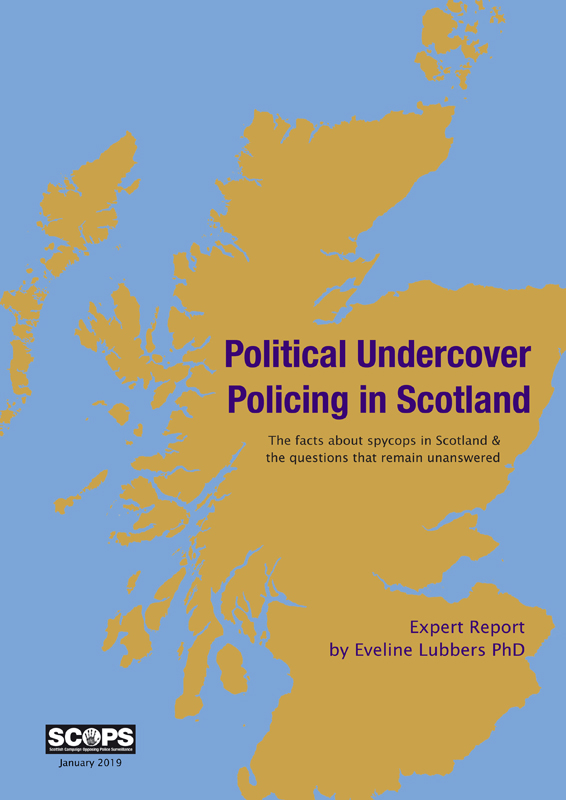
Earlier this year, the Scottish Campaign Opposing Police Surveillance published Political Undercover Policing in Scotland: The facts about
Written by academic
There are extensive details on the activity of nine officers in Scotland, their relationships, and the groups they targeted. It also covers Scottish issues affected by political policing (as opposed to officers visiting the country as part of
Additionally, the SCOPS report profiles a number of senior Scottish officers seconded to one of the Met’s
Dr Lubbers told Bella Caledonia:
‘Our research found that Scottish officers had crucial leading management roles in both the NPOIU and the overseeing body ACPO TAM, and
were as such involved in setting the agenda for the secret undercover units. Our findings confirm that the NPOIU acted on a nationallevel, and that Scotland was within its remit.’
The SCOPS report vaporises any credibility that the HMICS report may have had. SCOPS has delivered a copy of the report to every MSP, including Justice Minister Humza Yousaf. Mr Yousaf has yet to respond.
You can download the report for free, or order a paper copy to be delivered, at the bottome of the SCOPS page.
JUSTICE FOR ALL
The
Every instance of these abuses should be exposed wherever it happened. Every officer should be held accountable. Everyone targeted by these officers and tactics deserves the truth, and the state should give victims all the support and opportunity for redress that they need. They, and the
‘Andrea‘, who had a long-term relationship with officer Carlo Soracchi, told The Scotsman:
‘As a victim of political policing in Scotland, I seek the truth as to why I was spied upon and why my life and the lives of my family were so cruelly disrupted. I want to know who was responsible for (Soracchi’s) activities in Scotland and which of his handlers secretly
travelled with us.’
It cannot be right that people violated by unlawful and unethical political policing in England and Wales have a judge-led inquiry, whilst those in Scotland get nothing at all.
HOW YOU CAN HELP
Tilly Gifford, an activist targeted by political secret police in Scotland, is bringing a legal case to compel the Scottish government into having a credible inquiry into spycops in Scotland.
She has launched a crowdfund appeal for the costs. Please share the link and, if you can afford it, contribute.

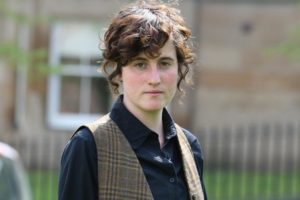
 People spied upon by Britiain’s political secret police in Scotland are boycotting the forthcoming Scottish review of the issue, saying ‘it cannot be trusted’ and branding it ‘pointless’.
People spied upon by Britiain’s political secret police in Scotland are boycotting the forthcoming Scottish review of the issue, saying ‘it cannot be trusted’ and branding it ‘pointless’.